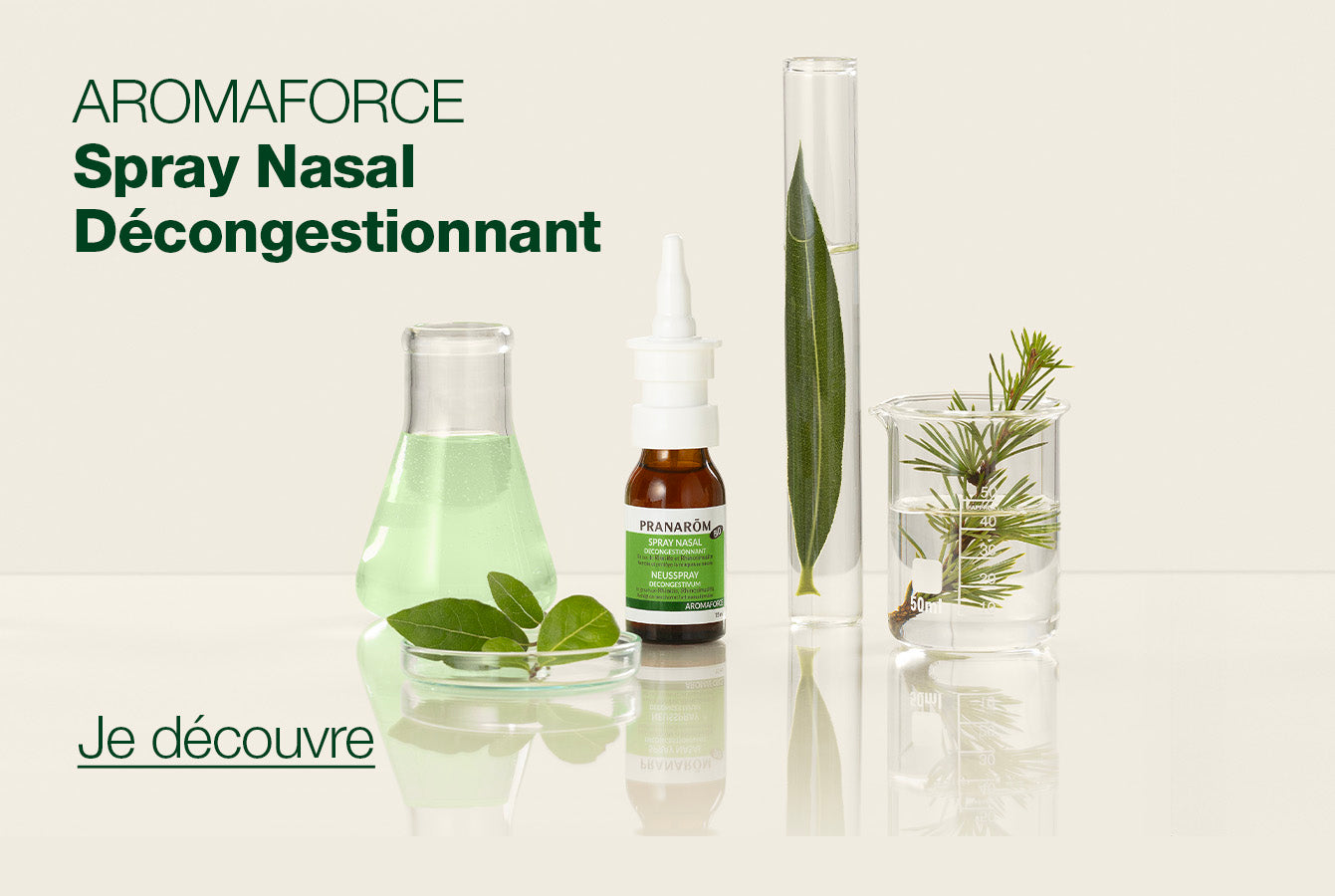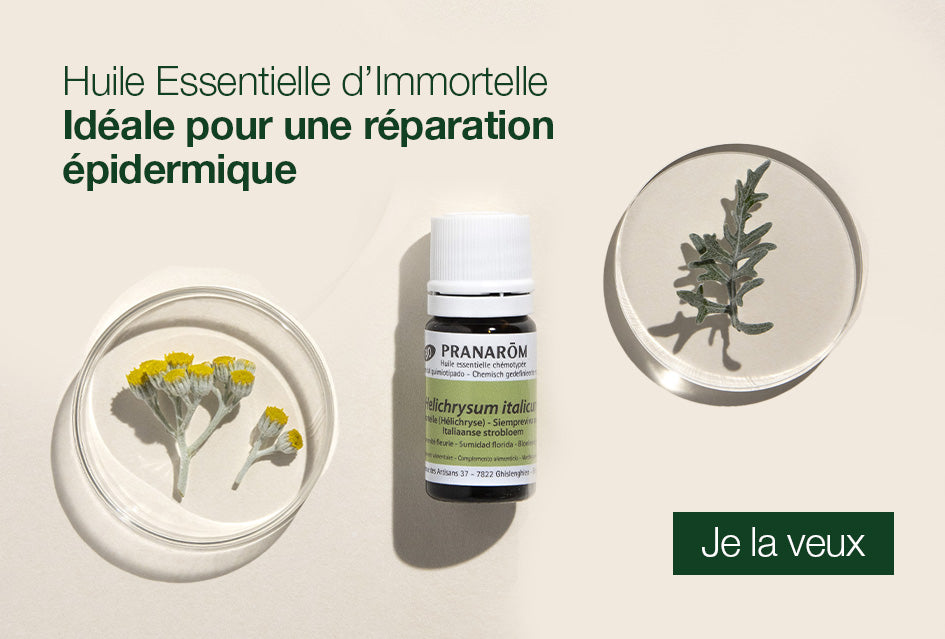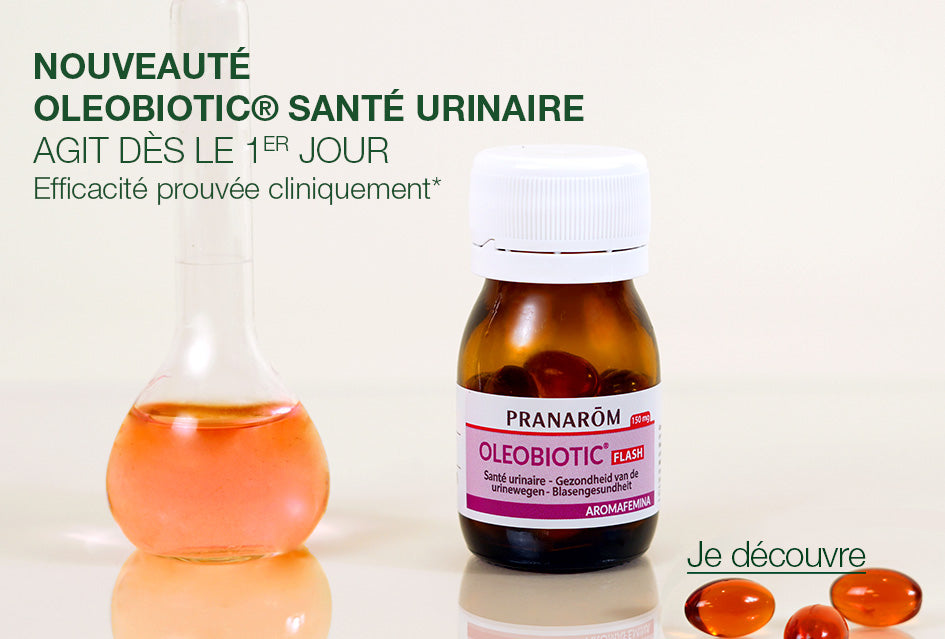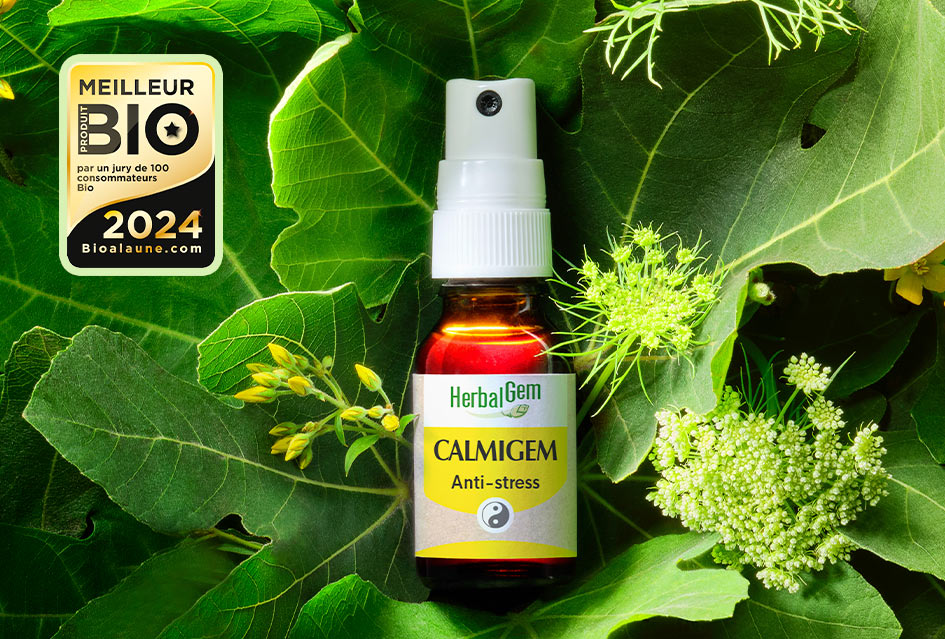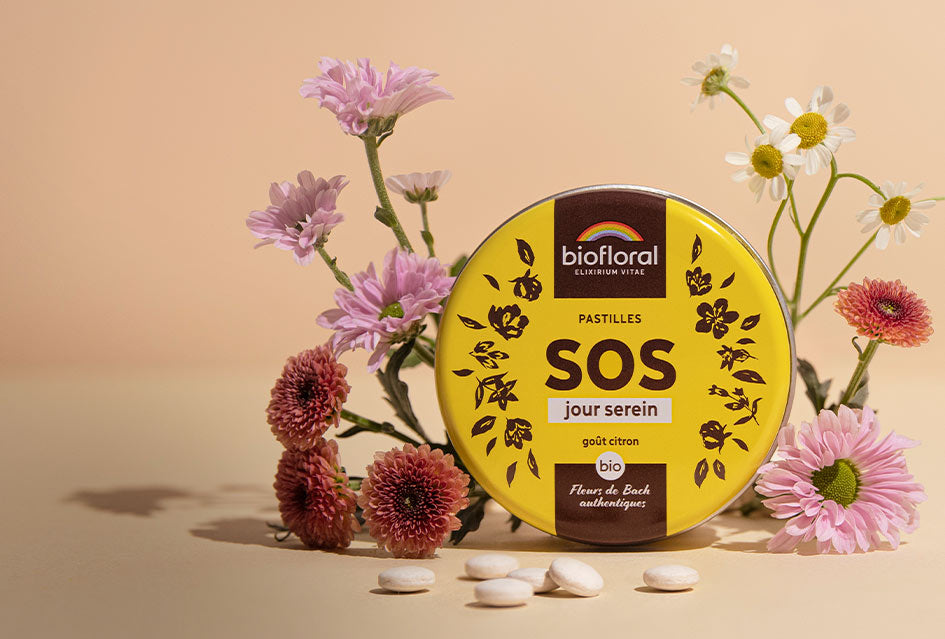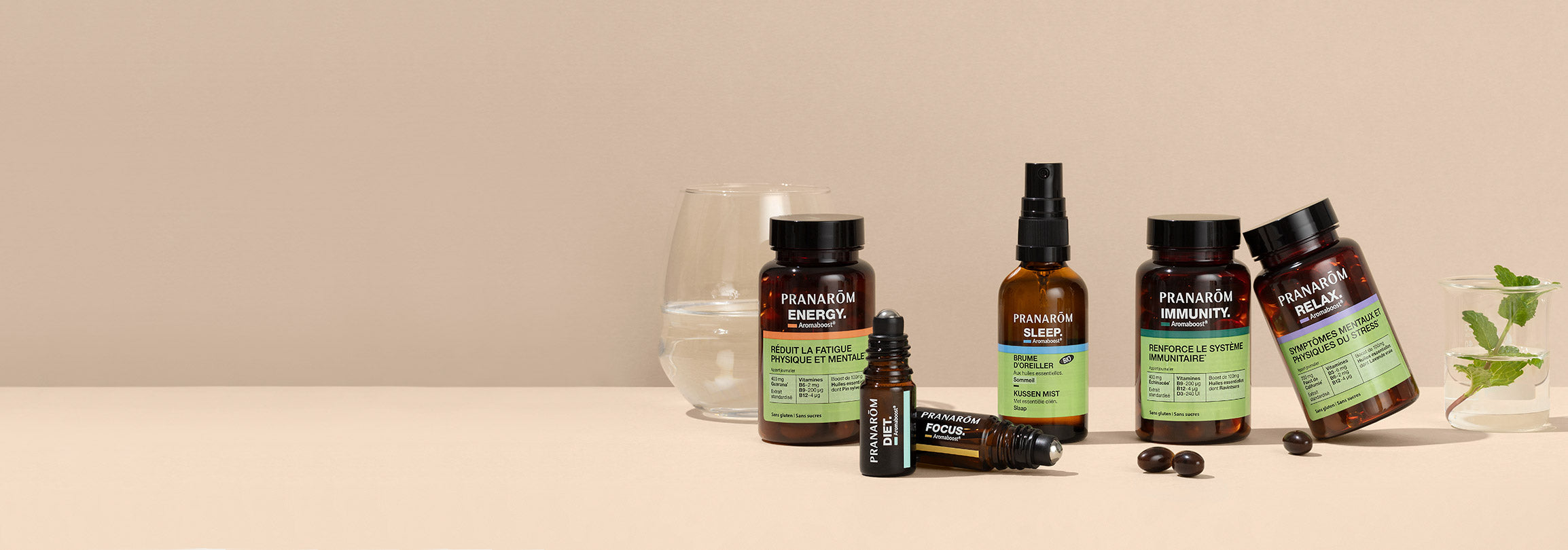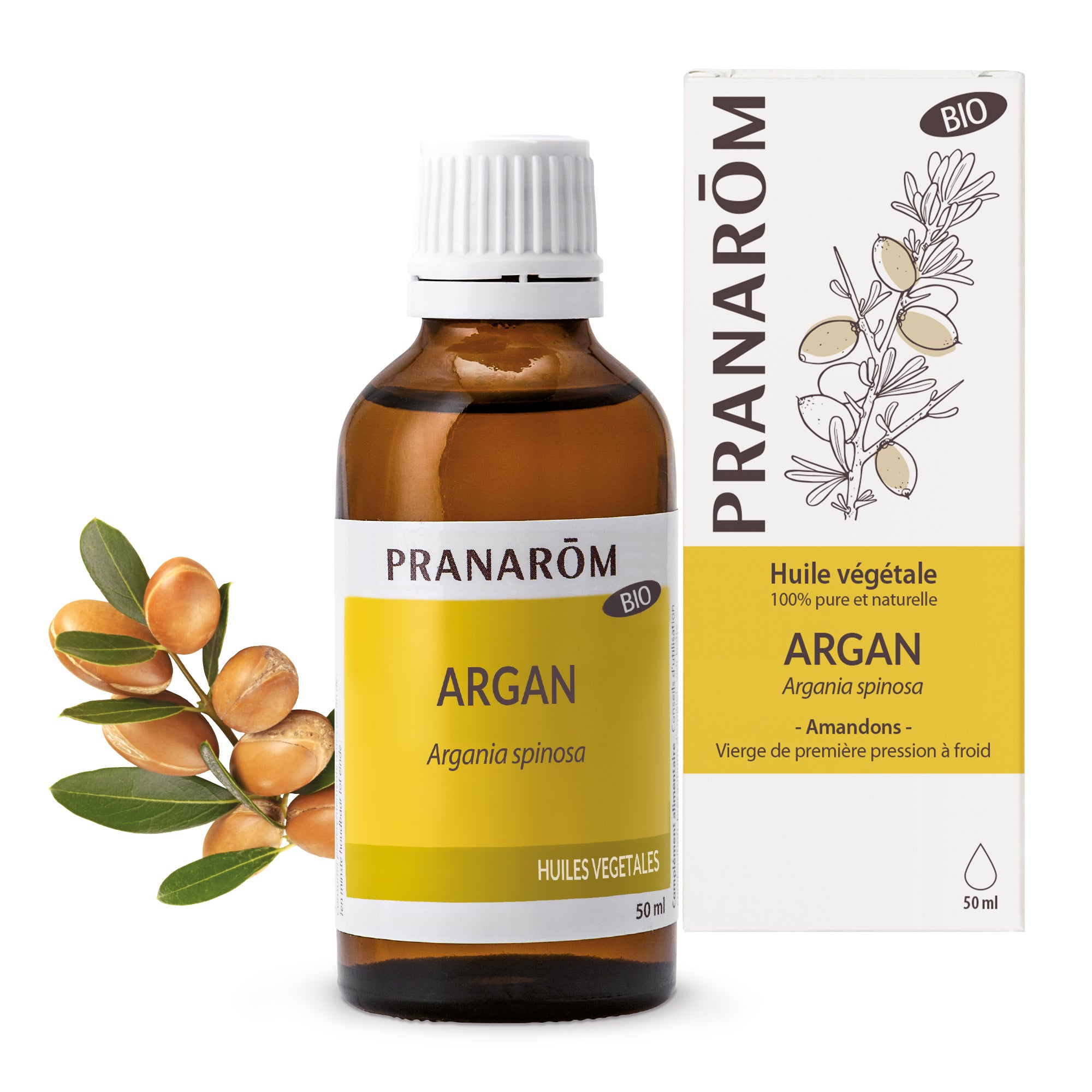Argan oil, a treatment with a thousand facets
If you are a fan of aromatherapy, you already know and appreciate argan. It is an oil that will pamper, repair and protect your skin and hair.
On the occasion of this article, we take the opportunity to (re)discover some more technical information on the precious oil that is virgin and organic argan, resulting from the first cold pressing of Argania nut kernels. Spinosa, in Morocco...
Argan in detail
The organoleptic profile and composition of virgin and organic argan oil are worth a look:
It is a pale yellow oil, which penetrates well. Its smell is discreet if of good quality. In most cases, it is reminiscent of roasted walnuts, or in some cases of earth or goat's cheese if the oil is more doubtful in terms of its manufacture.
Average composition of virgin and organic argan oil
- A small half of monounsaturated fatty acids (omega 9);
- A good third of polyunsaturated fatty acids (omega 6);
- A little less than a fifth saturated fatty acids;
- Traces of Vitamin E.
It is this composition that makes argan oil particularly moisturizing, protective and restorative at the same time. An anti-aging treasure! In terms of food, it is also very interesting as part of a balanced Mediterranean type diet. And gourmets appreciate its taste combined with vegetables, purees, poultry or goat cheeses.
Most Common Uses of Argan Oil
Argan is used in a host of preparations, pure or mixed with other oils, flavored with essential oils or not. We particularly appreciate it for anti-aging cosmetic treatments, well-being massages, the care of cracks and chapped skin, eczema, psoriasis... and of course in low doses on the plate for a gastronomic experience!
Different qualities of argan oil
For the record, it is good to know that only virgin and organic argan oil should be used in your therapeutic treatments. Because although claimed to be Natural or Organic, argan oil exists in different qualities. This is undoubtedly due to the fashion and media hype it has generated in recent years.
A difference to be made between several oils is found in the nature of the almonds and in the way of extracting the oil
So-called “farmhouse” argan oil
The Argan tree of southern Morocco, a jewel in the desert to be preserved!
Today rare, almost only found in Morocco on production sites, this oil is made by hand and traditionally. The sun-dried fruits are carefully shelled of their pulp. The roasted and crushed almonds are reduced to a paste then pressed in water by hand to extract the argan oil. This artisanal oil can be superb but is not bacteriologically controlled and is not biochemically analyzed to ensure its quality. Very fragile when stored, salt or pepper is sometimes added . This type of argan oil is intended for food consumption, it is darker in color, due to the roasting of the almonds.
Argan oil known as “goat” oil
Rather rare because today criticized for its poor quality, argan oil from nuts rejected by goats has a very bad smell, a bad taste and deteriorates quickly . It has been proven that the acidity and peroxide value are very high in this oil. In fact, the fruits are consumed by livestock and after digestion of the pericarp, the excreted stones are recovered . An inferior quality oil is produced in the same way as farm oil.
“Industrial” argan oil
It may happen that you find a cosmetic or food “argan oil” on the market that does not meet the quality criteria described below for virgin and organic oil. In some cases, an oil is sold as pure when it is not. It may be that it was mixed with another oil or other components before bottling, or that the plant was not respected before extraction (by heating it too hard or by adding solvents). In these cases, the oil does not carry the designation "virgin". Avoid such products.
Organic and virgin argan oil, extreme quality
An argan oil certified organic by a recognized organization (AB or Ecocert or Certisys logo, etc.) is an oil that has not undergone an extraction method that is harmful to the plant. Excessive heating and the addition of solvents is in fact prohibited by organic certifying bodies. Ideally, fruit collection is done directly from the trees. The shelling of the fruits and the crushing of the stones are carried out mechanically or by women's cooperatives. Argan oil extraction is carried out by cold mechanical pressing .
This oil from unroasted almonds is mechanically cold pressed and immediately filtered through cotton or organic paper filters to maintain its natural and organic appearance. It thus retains all of its specific composition in active molecules which predestines it for dietary, nutritional and cosmetic uses.
This argan oil, intended for cosmetology, pharmacy and drugstore laboratories , has little or no odor of roasted nuts . It is controlled by chemical and bacteriological analyses.


